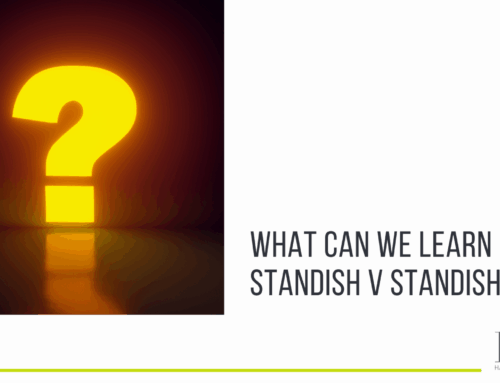If you’re embarking on divorce proceedings, the thought of going to court can be overwhelming. Your mind may immediately go to stress, expense and delay, when all you want to do is get the best possible outcome as soon as you possibly can.
Whilst court is sometimes the best option for some circumstances, there are other options, and we’ll be exploring them here.
Mediation
When contentious issues like finances and the arrangements for the children arise, family mediation is an option that should be considered.
It involves working with a trained third party mediator in order to diffuse any tension that may arise from discussions, and ensure that the sessions are focused on reaching a conclusion that works for everyone.
If an agreement is reached, it’s very important to take independent legal advice about its merits, and whether it’s the right decision for you and your future. Your solicitor will also ensure that the agreement is drawn up into an order, which will then need to be approved by the court to make it legally binding.
Negotiation through solicitors
Negotiation through solicitors is the usual starting point during a divorce when it comes to trying to secure an outcome.
There are numerous benefits, including the fact that you won’t have to deal directly with your ex-spouse during negotiations. Instead, your solicitor can take charge of important negotiations and advise on any responses or proposals as they’re made.
This can be particularly helpful if you’re divorcing a narcissistic spouse and don’t feel comfortable having a face to face discussion with them.
Collaborative family law
A non-confrontational approach, collaborative family law is all about finding a solution that works for both parties. It involves committing to a series of meetings in order to negotiate an agreement with your ex-spouse.
You’ll both be supported by a solicitor who is trained in this area and who can then draw up a binding agreement.
Collaborative family law requires both parties to be ‘all in’, and you must both be in full agreement. Ultimately, it means that both of you are committed to reaching a fair outcome, without the involvement of the court.
Early neutral evaluation
This is where a solicitor or barrister is employed to provide an impartial opinion on your case, either in writing or during a meeting. Their job is to decide on the likeliest outcome should your divorce go to court.
Whilst any opinions given aren’t binding, early neutral evaluation can lead to a settlement or agreement between both parties.
Arbitration
Arbitration is another alternative to going to court. During arbitration, each party’s case will be taken into consideration, along with any evidence provided.
It works very much like a private family court, including the fact that the arbitrator’s decision will be legally binding, so it’s important that you and your ex-spouse are committed to the process.
Let’s talk about court
It may not be your first choice, or how you wanted things to go. However, sometimes starting court proceedings is the right thing to do. It’s still very rare that a judge will have to make a decision, as the court process can usually be used to reach an agreement.
Having an expert family solicitor from the very start of your matter will help you understand the direction your divorce is likely to take and manage your expectations about how amicable, or otherwise, the situation is likely to be.
Ultimately, with the right support in your corner, you’ll get the best possible outcome in the way that’s right for you and your circumstances.
At Harrogate Family Law, we understand that what works best for one person might not be the best option for another. If you’re unsure about making the right choice, our friendly team is here to advise you on the best course of action for you and your future.
Call us today to discuss your options.






